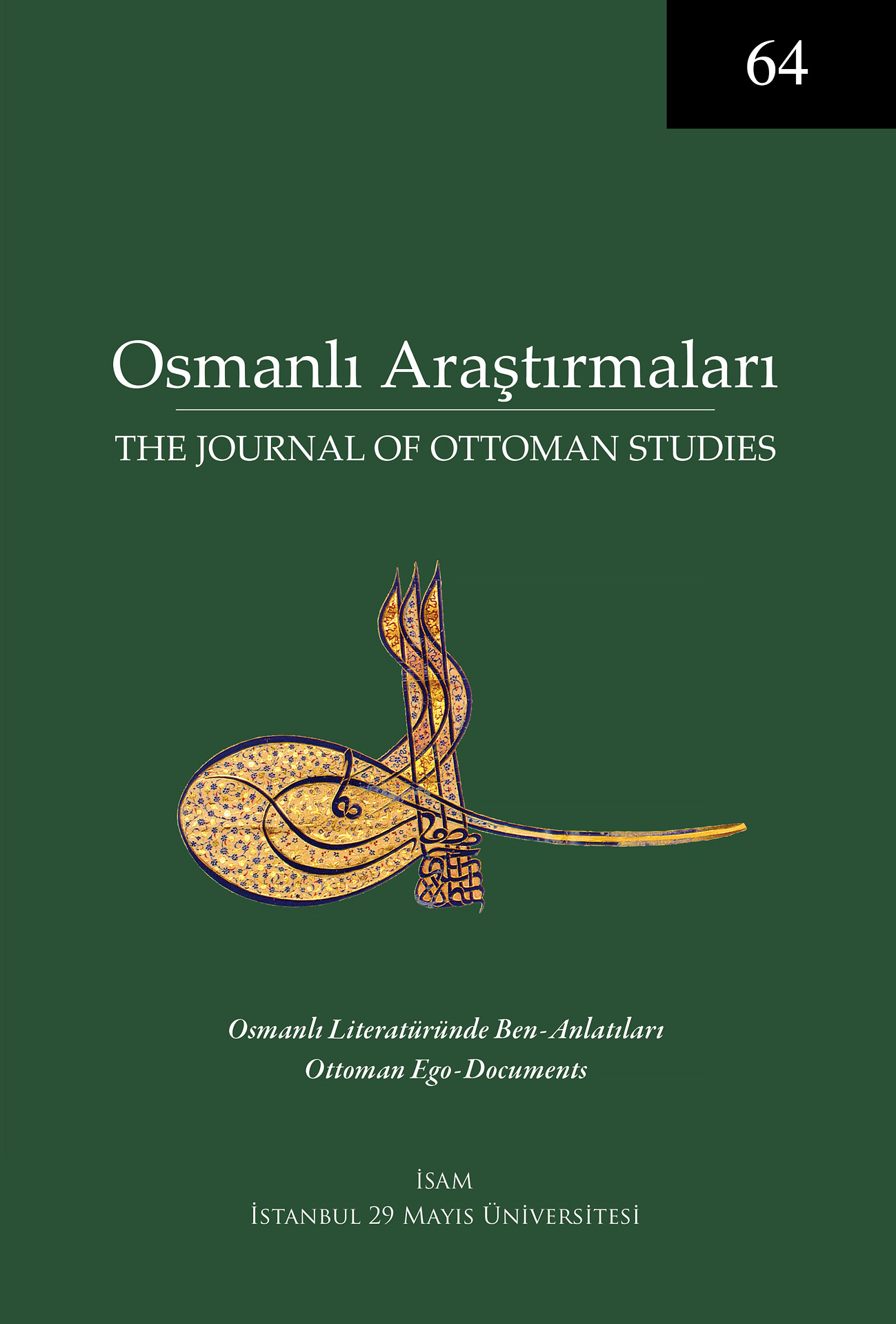The Ego-Document of an Orientalist Who Feels Himself as an Oriental: The Memoir of Hammer
Keywords:
Joseph von Hammer-Purgstall, Memoir, Orientalism, Ottoman Historiography, 19th Century European History, Intellectual HistoryAbstract
Baron Joseph von Hammer-Purgstall (d. 1856), an Austrian orientalist and author of Geschichte des Osmanischen Reiches, left a 5,904-page handwritten memoir. Hammer started writing his memoirs at the age of sixty-seven and completed it over twelve years, spending six weeks each summer. Hammer was revered as “the greatest living orientalist” in his lifetime and had many colleagues and friends who were willing to write his biography. However, Hammer wanted to share his own narrative. He saw this as an opportunity to rewrite his past and to take control of his life’s narrative. His memoirs had an interesting effect both because of Hammer’s effort to explain himself to future generations as a historian and because the text was written intermittently over twelve years. Hammer did not publish his memoirs during his lifetime but requested that they be published after his death. He also numbered and classified the letters that testified to the events described in his memoirs and presented them as sources.
Hammer completed writing his memoirs at the age of seventy-eight, according to his own statement, “due to his advancing age and the fact that there were no other important topics to write about.” He filled two hundred and forty-six notebooks, each with twenty-four pages. He wrote his memoirs in German with the invocation “Bismillah” at the beginning and the expression of gratitude “Alhamdulillâh temme bi-inâyetillâh” at the end. Hammer felt himself as a “spiritual Oriental” and called the Asian lands “my spiritual homeland”. He tried to live like an Oriental person by adding rituals belonging to the Turkish-Islamic tradition to his daily routine. For this reason, his memoirs are very interesting for Ottoman Ego-documents studies. This study focuses on the question of how to understand the text of a versatile intellectual of the 19th century who has positioned himself between the East and the West.




